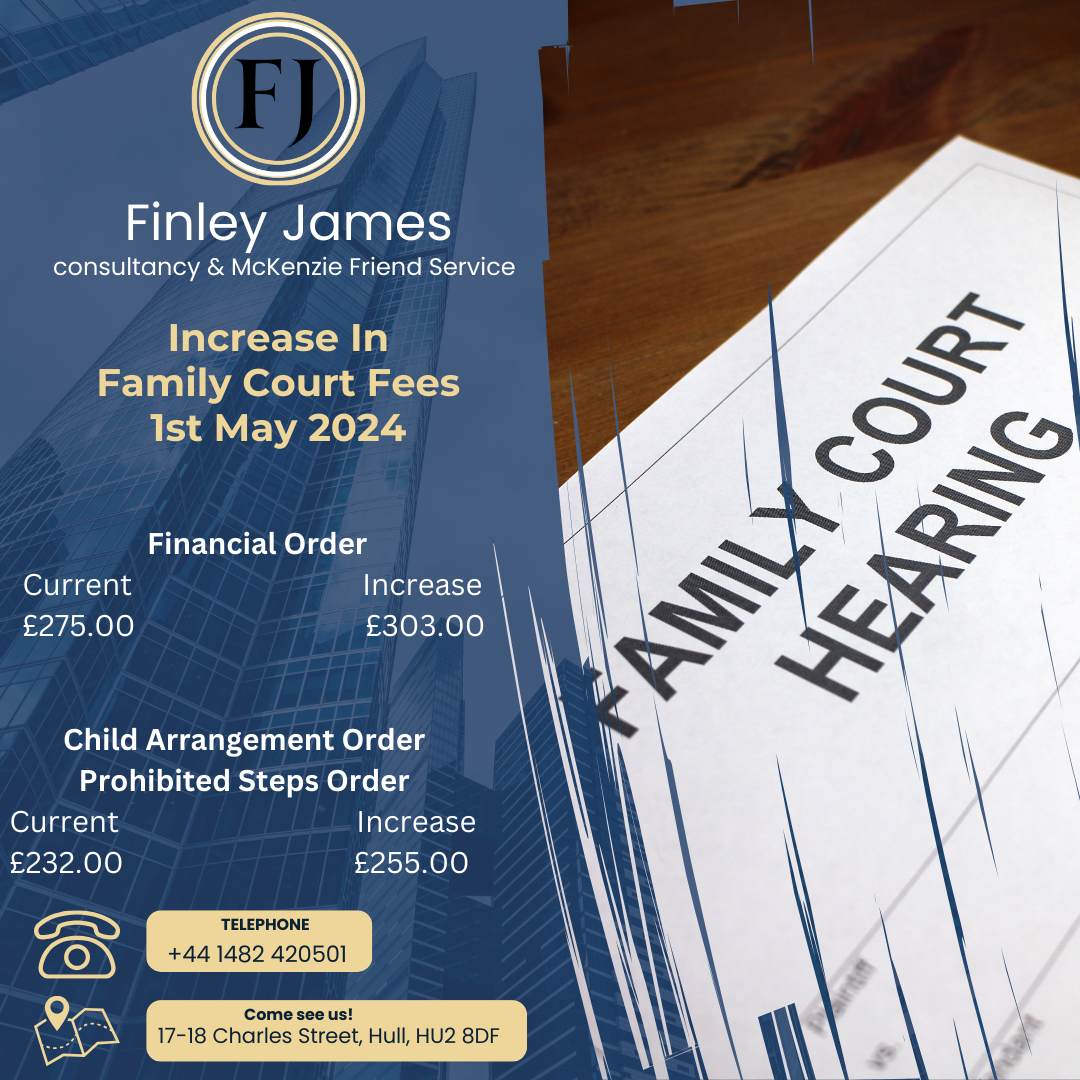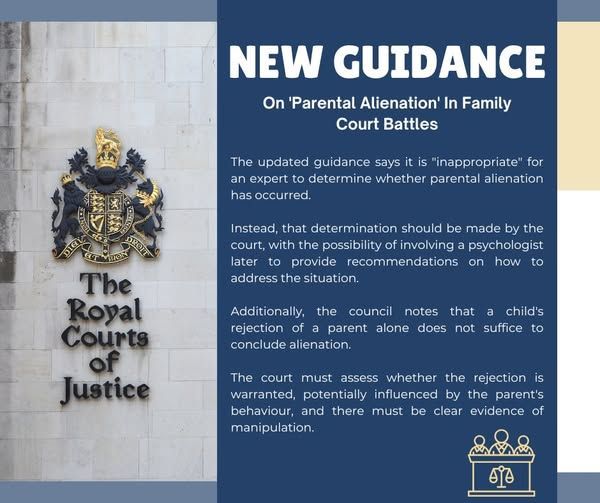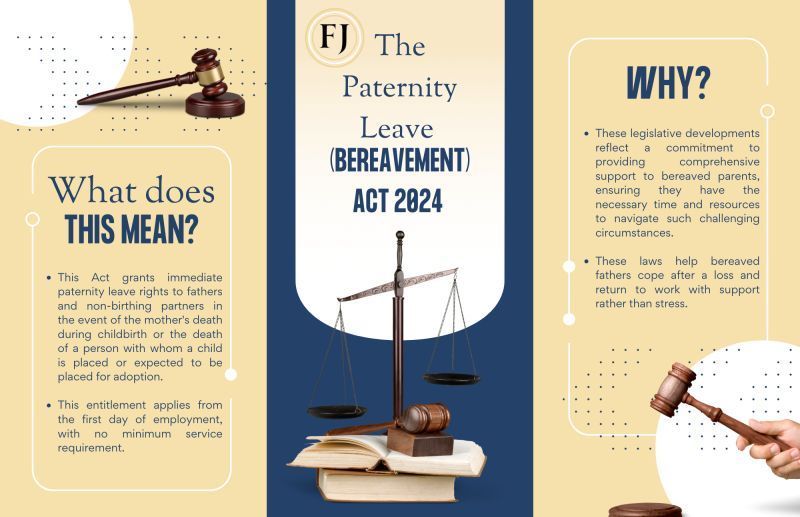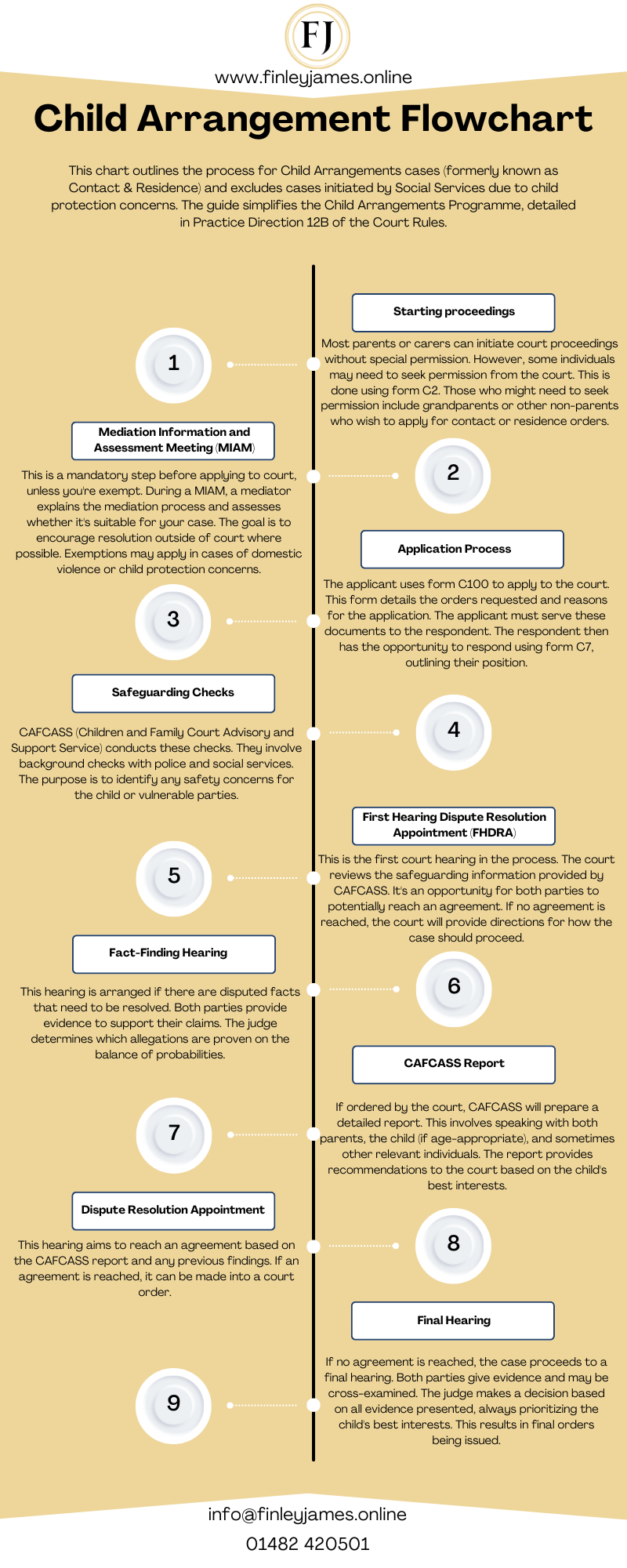The Role of a McKenzie Friend: Your Companion in Navigating the Legal System
The Role of a McKenzie Friend: Your Companion in Navigating the Legal System
In the complex and often emotionally charged world of legal proceedings, a McKenzie Friend can be a valuable ally. A McKenzie Friend is a person who assists individuals representing themselves in court, without being a qualified lawyer.
Origin of the Term
The term ""McKenzie Friend"" originates from a UK court case, McKenzie v McKenzie, where it was established that a non-legally trained person could accompany and assist a litigant in court. This landmark case set a precedent for the role of McKenzie Friends in the UK legal system.
What a McKenzie Friend Can Offer
A McKenzie Friend can offer a wide range of assistance to someone representing themselves in court. They can provide personal support, understanding, and mentoring. They can also offer practical advice and guidance on court procedures, help with paperwork, and organize files. In addition, they can research information and discuss and offer advice, guidance, and opinions on the case and strategy.
Differences Between a McKenzie Friend and a Solicitor
While both McKenzie Friends and solicitors can provide valuable support to someone navigating the legal system, there are some key differences in the level and type of support they offer.
Cost
Solicitors can be expensive, and legal aid may not always be available. In contrast, McKenzie Friends often charge lower fees or offer their services pro bono, making them a more cost-effective option for individuals with limited financial resources.
Limited Legal Needs
In some cases, particularly in family law, a McKenzie Friend can provide sufficient support and guidance. This is true for straightforward cases, such as uncontested divorces or child custody arrangements.
Emotional Support
McKenzie Friends can provide emotional support and practical assistance beyond the scope of legal advice. They can help litigants navigate the emotional challenges of family court proceedings and provide reassurance during a stressful time.
Unbiased Perspective
While McKenzie Friends are there to support the litigant, they are typically impartial and independent of the legal profession. This allows them to offer unbiased advice and support without the potential conflicts of interest that may arise when working with a solicitor.
Flexibility
McKenzie Friends can provide assistance on an as-needed basis, allowing litigants to choose the level of support they require. This flexibility can be advantageous for individuals who prefer more control over their legal representation or who only need assistance for certain aspects of their case.
Conclusion
In conclusion, a McKenzie Friend can be a valuable companion for anyone representing themselves in court. They can offer personal support, practical advice, and guidance on court procedures, but they cannot act as a legal representative and cannot speak on behalf of the litigant in court. The decision to choose between a McKenzie Friend and a solicitor depends on various factors, including the complexity of the case, the litigant's needs, and financial considerations. Both McKenzie Friends and solicitors can provide valuable support and guidance, but the level and type of support they offer can vary widely. It's important for litigants to carefully consider their specific needs and circumstances when deciding between the two.



















